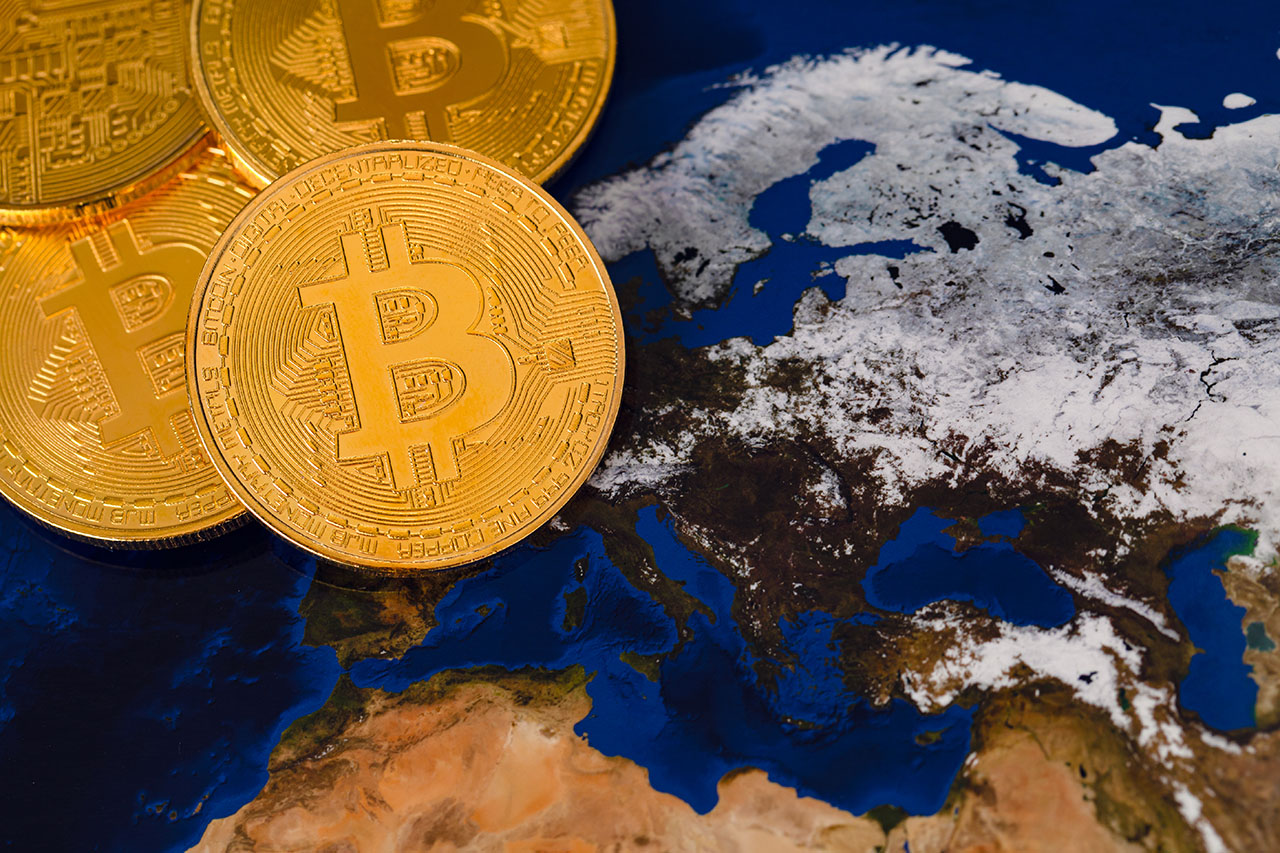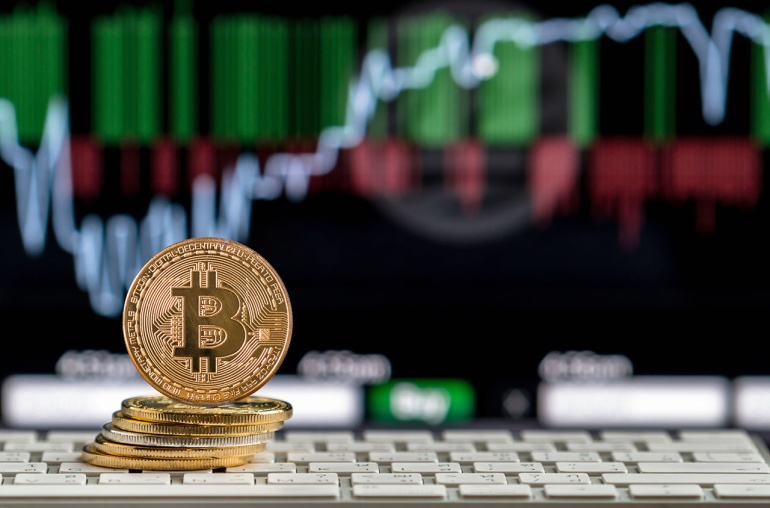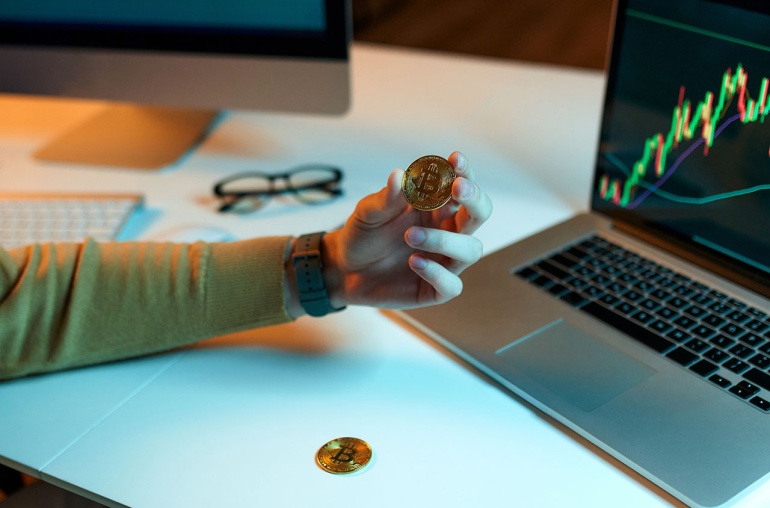Digital currencies might be the most effective way the world has seen to increase economic freedom. When you look at digital money, it is more than another form of currency. It is a disruptive and revolutionary new technology that allows funds or people to transfer funds instantly, securely, and without any middleman.
The rise of cryptocurrencies like Bitcoin and Ethereum and the development of Central Bank Digital Currencies (CBDCs) over the years have shown that the new asset class is undoubtedly here to stay. In an increasingly digitized economy, digital currencies can potentially expand international commerce, make the financial world more inclusive, change how we save and do business, and literally transform every aspect of our lives in ways that we do not fully understand yet.
Today, we will take a closer look at how digital currency can change the world.
What Is Digital Currency?
Digital currency is any currency that is available exclusively in a digital form, without any physical form. Traditional currencies like the US dollar or the GBP already exist in electronic forms. These currencies are stored by various banks in electronic form, but you can easily convert them into physical form by making a withdrawal from the bank or through an ATM.
On the other hand, digital currency is a currency that will never take any physical form. Any transactions made through digital currencies happen electronically through digital methods. For instance, instead of using physical currency notes at a store that accepts digital currencies, you can complete the transaction by transferring digital currency to retailers through your smartphone.
Fortunately, there is not much of a learning curve there. We already use payment apps like PayPal, Apple Pay, or Venmo to transfer traditional currencies to retailers instead of handing them physical currency notes to make purchases. The only difference with digital currencies is that the physical aspect of the currencies will not exist.
4 Ways Digital Currency Can Change The World
From new forms of e-commerce to programmable money, here are some of the crucial ways digital currency can change the world.
1. Faster and More Cost-Effective Bank Transfers
One of the most significant challenges with traditional money is how banks move money. International bank transfers can take several days to a week for completion, involving corresponding banks and country-specific clearinghouses heavily throughout the process to complete the transaction. Even making cross-border payments to retailers in other countries are expensive and time taking due to these challenges.
Using a digital currency that is not associated with a particular country or like Bitcoin or Ethereum can completely eliminate that problem. Transferring funds from one user to another can become instant, remain safe, and be significantly cheaper than going the traditional route.
Cryptocurrencies use secure and decentralized digital ledgers that facilitate and store the digital database containing all their financial records on the internet. Instead of sending money through a lengthy process involving different banks and clearinghouses, two individuals can complete transactions almost instantly through the decentralized ledger technology that powers the cryptocurrency they are using.
2. Boosting The Ecommerce Industry
Credit card fraud has become alarmingly common worldwide today, particularly in international transactions. As such, many businesses in the ecommerce industry have had to stop accepting international payments to avoid becoming victims of credit card fraud.
When using digital currencies like Bitcoin or Ethereum, you should know that transfers cannot be undone once they are made. It eliminates the risk of fraud for many merchants in the ecommerce industry, and it allows them an easier method to sell their goods worldwide. And since digital currencies let customers transfer funds easily, online shopping can become a more streamlined process.
Using digital currencies can also make it easier for small businesses in developing countries to engage in the global Ecommerce industry.
3. Safer Money For Poorer People
Several countries in Africa rely on mobile phone credits as a medium to exchange. For instance, many people in Kenya use their phones to store money in the form of credit and send it to another user for a safer transfer of funds without involving physical currency notes.
The biggest problem with transacting with mobile credit is the high fee to cash it out. It can cost up to 20% to cash out your mobile credit in Kenya. However, the widespread use of this system means that many consumers in the country can spend credits directly without having to cash out and incur large fees.
Digital currencies can become a much safer and far more convenient payment method in countries where many citizens do not have bank accounts. Using cryptocurrencies and other digital currencies might be better for citizens living in countries with high inflation rates.
For instance, storing cash or gold at home entails the risk of a person losing it by being robbed. Storing a relatively stable cryptocurrency on a cryptocurrency exchange would be a safer way to store your savings instead. Additionally, storing money this way could also protect them against the impact of rising inflation devaluing their native currency and offer them access to international financial markets.
4. Smart Contracts And Programmable Money
If an asset is purely digital, its movement can become automated, allowing the possibility of smart contracts and programmable money. You can see an example of how we use traditional money through escrow accounts.
Escrow accounts are used for larger transactions, like for purchasing properties. The person buying a property can deposit money into an escrow account. The money will only move to the seller’s account when the seller hands over the title of the property to the buyer.
Similarly, programmable money could play a role in revolutionizing how we transact with each other. Smart contracts could be programmed to transfer money from one user to another in exchange for goods and services once the conditions are met.
However, programmable money and smart contracts can facilitate both small and large transactions that could be more complex and involve several parties and complex derivatives, making the process less time-consuming, efficient, and safer.
In A Nutshell
From what we have seen so far, the possibilities with digital currency are endless. From introducing a degree of privacy in how you use your money to making cross-border transactions faster and improving financial inclusion, digital currency is already changing the world. It remains to be seen how much the world can change in the coming years.
Did you find this post on how digital currency can change the world helpful? Keep following us to read more articles about digital currencies and the cryptoworld to expand your knowledge.



